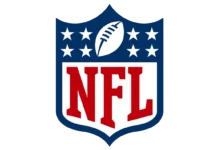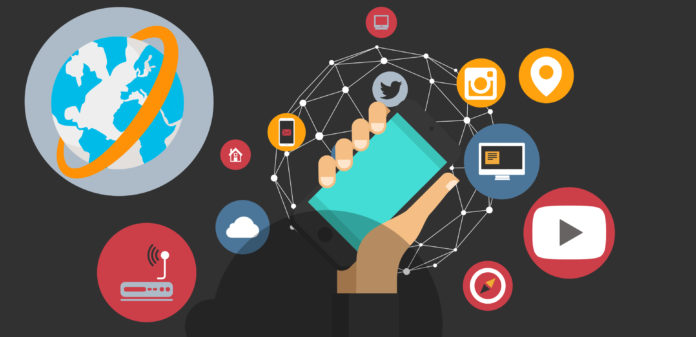
By: Aysia Pryor
The internet is a network providing a variety of information and communication platforms. This network allows us to be connected to whatever website we choose, without any restrictions. Our phone, internet and cable companies are held up to a high standard when it comes enabling access to all websites and applications. We, as consumers, expect to browse the internet without any interference from service providers such as AT&T, Comcast and Verizon. These expectations that we have is known as Net Neutrality. Net Neutrality is the principle that internet service providers treat all content equally.
In 2015, under the Obama administration, the federal communications commission adopted rules in which internet would regulate internet providers as a public utility. The internet was seen as a public utility in order to give a strong legal backing. These rules prevented internet providers from blocking, throttling and paid prioritization.
In 2017, Ajit Pai, Chairman of the FCC, under the Trump administration, had a goal to reverse the net neutrality rules passed in 2015. His goal was to remove the rules that guarantee access to the websites and services consumers want. Pai’s goal and push to remove the promise to access became a reality later in December. In a 3-2 vote, the FCC approved to remove the net neutrality rules.
In large, the new net neutrality rules don’t prohibit internet providers from doing anything. Which means they can block and throttle content if they choose to. The rule that comes along with this is that the providers have to publicly state that they’re going to do it.
Companies like AT&T, Comcast and Verizon will have the ability to decide which websites, content and applications go through to their consumers. They can slow down their competitors’ content or block information they disagree with. Along with this, they can also charge extra fees to a few content companies that are able to pay to regulate everyone else to slower service.
Marginalized communities, such as people of color, the LGBTQ community and religious minorities will have the short-end of the stick. Media outlets have failed to represent these groups correctly or failed to serve them in general. These communities relied heavily on the open-internet policy to access economic and educational opportunities.
Consumer advocates have argued that internet providers will begin to sell the internet in bundles. This means that in order to have access to certain social media, consumers would have to pay for a premium package containing those websites.
As of right now, the internet is still functioning as usual, the hype over “net neutrality” and #savetheinternet on Twitter and other social media platforms has died down. When the rules went through the federal register, there was a wave of lawsuits. In recent, many states are pushing to preserve net neutrality. Lawmakers are working to propose bills to keep net neutrality and net neutrality protections.








